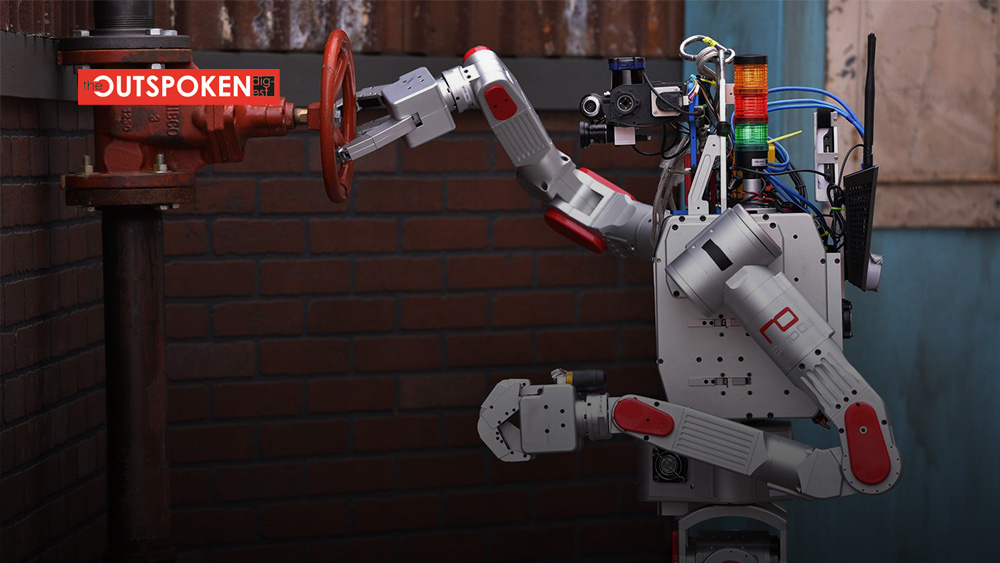The field of robotics has witnessed a remarkable rise, revolutionizing industries across the globe. From manufacturing and healthcare to agriculture and logistics, robots are making significant contributions in terms of efficiency, precision, and automation. In this blog post, we will delve into the impact of robotics on various industries, examining the advantages they bring, the challenges they pose, and the transformative potential they hold. Let’s explore how robots are reshaping the way we work and the future implications of this technological revolution.
The Impact of Robotics in Manufacturing:
The manufacturing industry has been at the forefront of adopting robotics, leading to increased productivity and cost-efficiency. Robots are capable of performing repetitive tasks with high precision and speed, reducing errors and improving overall quality. They are also adept at handling hazardous materials, eliminating risks to human workers. Robotic automation in manufacturing has resulted in streamlined processes, shorter production cycles, and enhanced product consistency. Additionally, robots are being used in collaborative settings, working alongside human workers to optimize efficiency and safety.
The Role of Robotics in Healthcare:
In the healthcare industry, robots are playing a vital role in improving patient care and augmenting medical services. Surgical robots, for instance, enable minimally invasive procedures, resulting in reduced patient trauma, faster recovery times, and improved surgical outcomes. Robots are also used for repetitive tasks such as medication dispensing and sterilization, freeing up healthcare professionals to focus on more complex and critical tasks. Furthermore, robotics aids in rehabilitation and physical therapy, providing personalized assistance to patients in their recovery journeys. The integration of robotics in healthcare is revolutionizing diagnostics, drug discovery, and remote patient monitoring, expanding access to quality care.
Robotics in Agriculture and Food Production:
Agriculture and food production have greatly benefited from the advancements in robotics. Agricultural robots, equipped with sensors and imaging technologies, assist in crop monitoring, irrigation, and harvesting, optimizing resource utilization and improving yields. Robots also aid in precision farming, enabling targeted application of fertilizers and pesticides, resulting in reduced environmental impact. Furthermore, robotics is transforming food production and processing, with automated systems ensuring consistent quality, improved food safety, and increased operational efficiency. Robots are also involved in tasks such as sorting, packaging, and logistics, enhancing productivity and reducing labor-intensive processes.
Ethics and Social Implications of Robotics:
While the rise of robotics presents numerous benefits, it also raises ethical considerations and social implications. One concern is the potential displacement of human workers as robots take over certain tasks. As industries increasingly adopt automation, it is crucial to ensure a smooth transition for affected workers through retraining and upskilling initiatives. Additionally, ethical considerations arise regarding the use of robots in sensitive areas such as healthcare and elderly care. The development of guidelines and regulations to govern robot use and protect human rights is essential.
Robotics and Human Collaboration:
Looking ahead, the future of robotics lies in human-robot collaboration, with robots complementing human capabilities rather than replacing them entirely. Advances in artificial intelligence and machine learning enable robots to adapt to dynamic environments, learn from human interactions, and make informed decisions. Collaborative robots, or cobots, are designed to work alongside humans, enhancing productivity and safety in various industries. This synergy between humans and robots opens up new possibilities for creativity, problem-solving, and innovation.
The rise of robotics is reshaping industries across the globe, driving increased efficiency, productivity, and safety. From manufacturing and healthcare to agriculture and beyond, robots are revolutionizing the way we work. While the benefits are undeniable, it is crucial to address the ethical and social implications of widespread robot adoption. The future of robotics lies.
AI and Cybersecurity: Strengthening Defenses in the Digital Era








